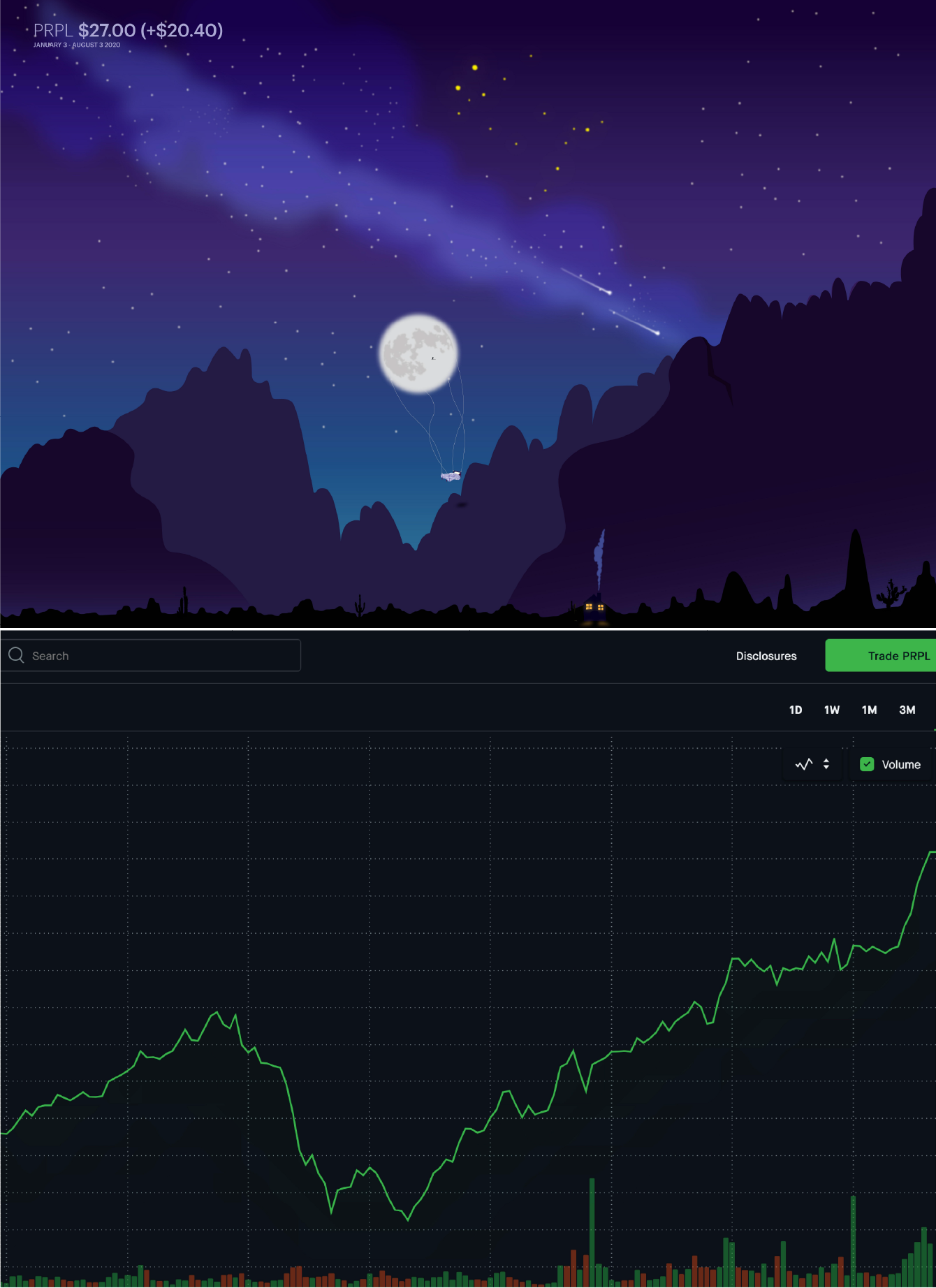Navigating The Trading Landscape: A Comprehensive Guide To Stock Market Holidays In 2026
Navigating the Trading Landscape: A Comprehensive Guide to Stock Market Holidays in 2026
Related Articles: Navigating the Trading Landscape: A Comprehensive Guide to Stock Market Holidays in 2026
Introduction
With great pleasure, we will explore the intriguing topic related to Navigating the Trading Landscape: A Comprehensive Guide to Stock Market Holidays in 2026. Let’s weave interesting information and offer fresh perspectives to the readers.
Table of Content
Navigating the Trading Landscape: A Comprehensive Guide to Stock Market Holidays in 2026

The stock market, a dynamic and ever-evolving landscape, operates within a structured framework that includes designated holidays. These periods of market closure are crucial for various reasons, impacting trading activities, investor sentiment, and overall market dynamics. Understanding the schedule of these holidays is essential for investors, traders, and market participants alike.
This comprehensive guide provides an in-depth analysis of stock market holidays in 2026, offering insights into their significance, impact, and practical implications for navigating the financial landscape.
Understanding Stock Market Holidays: A Foundation for Informed Decision-Making
Stock market holidays are non-trading days, where exchanges remain closed, halting all trading activities. These closures are typically observed to commemorate national holidays, religious observances, or other significant events. While the stock market is closed, other financial markets, such as the bond market, may remain operational, depending on the specific holiday and its impact on broader economic activity.
The Significance of Stock Market Holidays: A Deeper Dive
Stock market holidays are not mere pauses in trading activity; they hold significant implications for market participants and the broader financial ecosystem.
- Market Closure and Liquidity: The closure of stock exchanges during holidays can lead to reduced liquidity, impacting price discovery and volatility. With fewer participants engaging in buying and selling, price fluctuations may be more pronounced when trading resumes.
- Investor Sentiment and Market Psychology: Holidays can influence investor sentiment and market psychology. News events, announcements, and macroeconomic developments occurring during market closures can impact investor expectations and trading strategies upon the market’s reopening.
- Impact on Economic Data and Corporate Actions: The timing of stock market holidays can influence the release of economic data and corporate actions, such as earnings reports or dividend payments. These events can affect market performance and investor decisions, and their proximity to holidays can create unique trading opportunities or challenges.
- Impact on Trading Strategies and Risk Management: Investors and traders need to consider the impact of holidays on their trading strategies and risk management practices. Holiday closures can disrupt trading patterns, potentially impacting technical indicators and market momentum.
Stock Market Holidays in 2026: A Detailed Calendar
The following calendar outlines the anticipated stock market holidays in 2026, providing a comprehensive overview of the trading landscape:
| Date | Holiday | Observance |
|---|---|---|
| January 1 | New Year’s Day | Federal holiday |
| January 19 | Martin Luther King Jr. Day | Federal holiday |
| February 16 | Presidents’ Day | Federal holiday |
| April 10 | Good Friday | Christian holiday |
| May 25 | Memorial Day | Federal holiday |
| July 3 | Independence Day | Federal holiday |
| September 7 | Labor Day | Federal holiday |
| October 12 | Columbus Day | Federal holiday |
| November 11 | Veterans Day | Federal holiday |
| November 26 | Thanksgiving Day | Federal holiday |
| December 25 | Christmas Day | Federal holiday |
FAQs: Addressing Common Questions About Stock Market Holidays
1. What happens to my investments during stock market holidays?
Your investments remain unaffected during stock market holidays. While trading is halted, the underlying value of your holdings continues to fluctuate based on market forces, and your investment remains active.
2. Can I buy or sell stocks during stock market holidays?
No, trading is prohibited during stock market holidays. All exchanges remain closed, and no transactions can be executed.
3. Does the stock market close early on holidays?
The stock market typically closes at its regular time on the day before a holiday. However, there may be exceptions, so it’s essential to check the specific closing time with your broker or exchange.
4. What should I do with my investments during stock market holidays?
It’s generally recommended to avoid making any significant investment decisions during holidays. The lack of trading activity can distort market data, and major news events or economic announcements during this period can impact market sentiment.
5. How do stock market holidays affect my trading strategies?
Holidays can disrupt trading patterns and technical indicators. It’s essential to adjust your strategies to account for these disruptions and potential market volatility upon the market’s reopening.
Tips for Navigating Stock Market Holidays:
- Stay Informed: Keep abreast of holiday schedules and any potential market closures.
- Plan Ahead: Consider potential market impacts and adjust trading strategies accordingly.
- Avoid Hasty Decisions: Resist the urge to make impulsive trades during holidays, as market conditions may be distorted.
- Monitor News and Events: Stay informed about any significant news or economic events that may occur during holidays.
- Consult with Professionals: If you have concerns or need guidance, consult with a financial advisor.
Conclusion: Embracing the Rhythms of the Market
Stock market holidays are an integral part of the financial landscape, offering a unique perspective on market dynamics and providing opportunities for reflection and strategic planning. Understanding their significance and impact is crucial for investors and traders seeking to navigate the market with informed decisions and a long-term perspective. By embracing the rhythms of the market, including its periods of closure, investors can enhance their understanding of the financial ecosystem and make more informed investment choices.







Closure
Thus, we hope this article has provided valuable insights into Navigating the Trading Landscape: A Comprehensive Guide to Stock Market Holidays in 2026. We thank you for taking the time to read this article. See you in our next article!
You may also like
Recent Posts
- Exploring The World In February 2025: A Guide To Travel Destinations
- Navigating The Summer School Holidays In The UK: A Comprehensive Guide For 2025
- Navigating Singapore’s Public Holidays In 2025: A Comprehensive Guide
- A Comprehensive Guide To Skiing Holidays In January 2025
- Embracing The Winter Wonderland: A Comprehensive Guide To Ski Holidays In January 2025
- Tenerife In April 2025: A Springtime Escape To The Canary Islands
- The Future Of Travel: A Look At Holiday Trends For 2025
- Unveiling The World Of Travel: An Exploration Of Thomas Cook’s 2025 Brochure

Leave a Reply